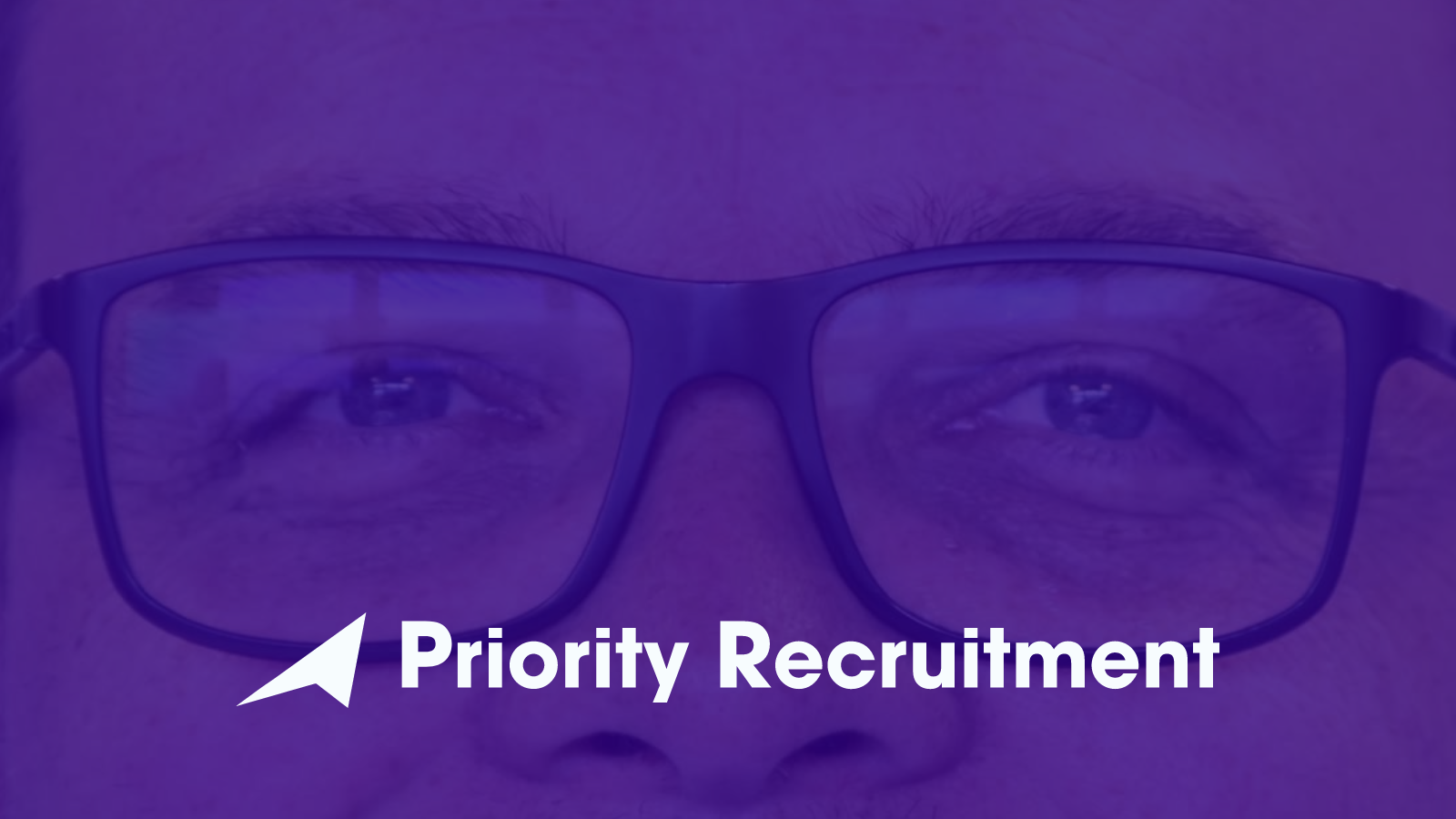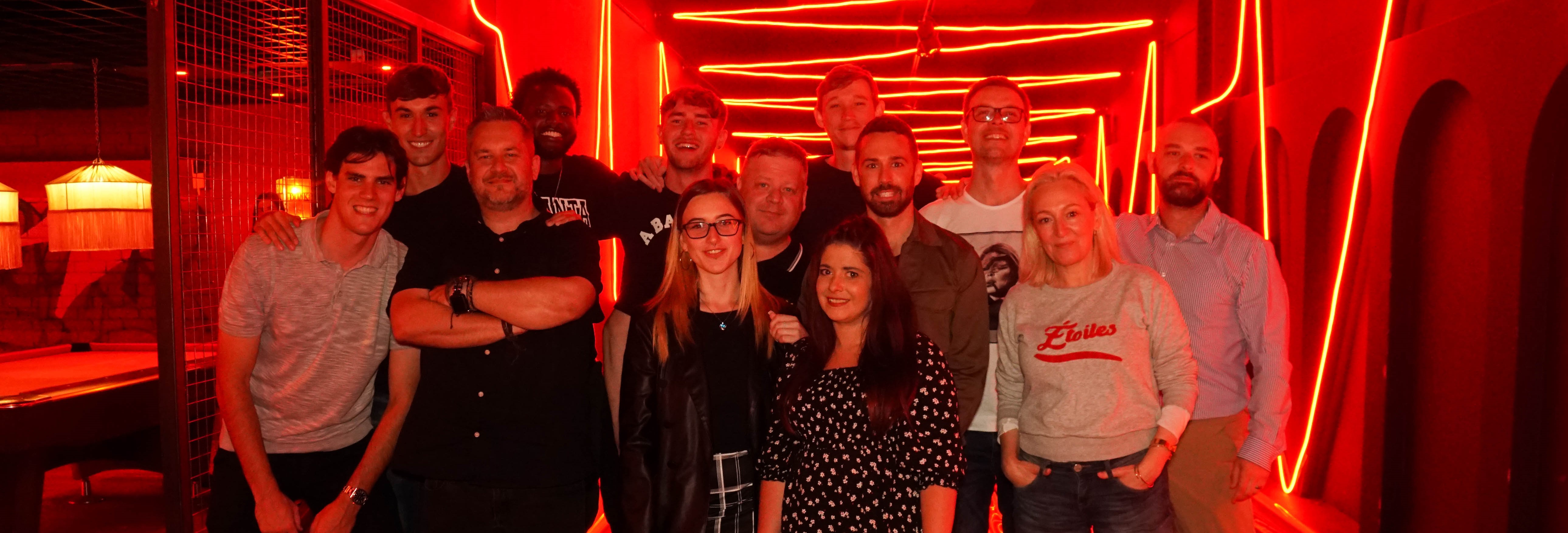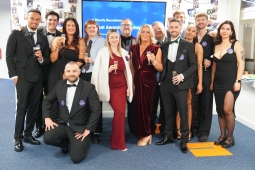7 Common Interview Mistakes That Cost Companies Top Talent
Hiring top talent is challenging. Even highly qualified candidates can drop out if your interview process lacks focus. Small mistakes can turn promising applicants into lost opportunities. These seven mistakes are common in recruitment, with steps to avoid them.
1) Unstructured Interviews
-
Interviews without a plan lead to inconsistent questioning. Candidates may be asked different questions depending on who meets them first.
-
This makes comparing applicants difficult. Decisions rely on first impressions rather than skills or potential.
-
Create a structured interview framework. Include technical, behavioural, and situational questions. Use a scoring sheet for each competency. Ensure all interviewers understand the criteria and record notes objectively. This makes post-interview discussions more precise and reduces bias.
2) Focusing Only on Skills, Not Culture Fit
-
Candidates may have the right technical skills but struggle to integrate with the team or company culture.
-
Misalignment increases turnover and lowers engagement. Early departures disrupt projects and cost time and money.
-
Ask questions that reveal collaboration, problem-solving, and adaptability. Include team exercises or group discussions to see how candidates interact with colleagues. Highlight cultural expectations and values during interviews. Assess whether the candidate’s working style matches the team environment.
3) Taking Too Long to Respond
-
Slow follow-ups or delayed decisions frustrate candidates. Top applicants often have multiple offers and will accept another role if you take too long.
-
Delays create negative perceptions and reduce your chances of hiring the best talent.
-
Set clear timelines at the start. Communicate updates regularly, even if no decision has been made. Simple messages such as, “The team is reviewing applications and we will respond in three days” keep candidates engaged. Use recruitment tools to track progress and send reminders automatically.
4) Overloading Candidates With Multiple Rounds
-
Excessive interviews or assessments can tire candidates and create a poor experience.
-
Long, drawn-out processes increase drop-off rates and discourage high-quality applicants.
-
Streamline your process. Combine rounds where possible and explain what each step involves. A two-step process with a skills assessment followed by a team interview often provides enough insight. Keep the process efficient and transparent to retain top candidates.
5) Failing to Sell the Role or Company
-
Companies often forget that interviews are a two-way evaluation. Candidates assess the organisation as much as the employer assesses them.
-
Applicants want to understand growth opportunities, team culture, and career progression. Without clear communication, candidates may accept offers elsewhere.
-
Use interviews to highlight what makes the company unique. Explain career paths, team achievements, and projects that matter. Share examples of how employees develop skills and grow within the company. Candidates who understand the role and value your company are more likely to accept offers and stay engaged.
6) Ignoring Candidate Feedback
-
Candidates provide insights about your recruitment process that many companies ignore.
-
Overlooking feedback reduces chances to improve and can harm your reputation. Candidates who have poor experiences may discourage others from applying.
-
Collect feedback after interviews through surveys or follow-up calls. Look for trends in responses and adjust your process accordingly. Acting on feedback improves engagement and strengthens your employer brand. Candidates notice when companies respond to input, which can influence their decision to accept a role.
7) Relying Too Heavily on Gut Feeling
-
Decisions based on instinct often reflect unconscious bias and inconsistency.
-
Gut-driven hiring increases the risk of poor team fit, early turnover, and reduced performance.
-
Use structured evaluation tools. Include multiple interviewers to provide varied perspectives. Compare candidate performance against defined criteria rather than impressions. Objective assessments ensure you hire people who meet the needs of the role and the team.
Avoiding these mistakes improves hiring outcomes, reduces turnover, and creates a smoother recruitment process. Priority Recruitment helps companies attract and secure top talent efficiently. Structured interviews, clear communication, and objective evaluation make hiring faster and more effective while keeping candidates engaged throughout the process.






















